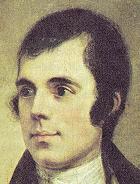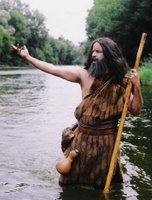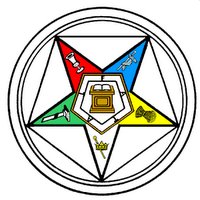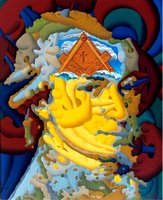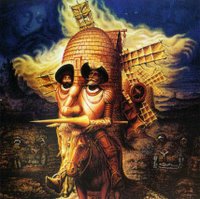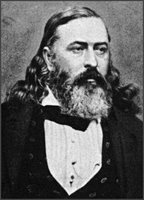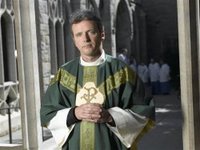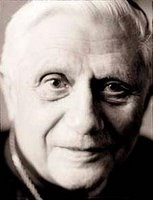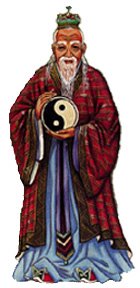
Father Joseph Di Noia, the Undersecretary of the Congregation of the Doctrine of the Faith, admits in a television series starting tonight that the use of torture and public burnings were "mistakes."
But the American-born cleric argues that these methods of suppressing heresy were explicable in the context of the times, when people believed passionately in heaven and hell.
Father Di Noia claims, though, that the atrocities were legally justified.
The Congregation of the Doctrine of Faith, is of course the modern-day Inquisition, and the current Pope, Pope Benedict XVI, a.k.a. Joseph Ratzinger, was the Prefect of the Congregation from 1981 until he was made Pope in 2005. In 1983, he issued a letter saying that Freemasons were in a state of "grave sin." One can only imagine that in more Enlightened days (back when the Pope had an army), he'd be staying up nights thinking of new ways to torture us. One can only pray that today's anti-Masonic movement (oddly, mostly Protestants) doesn't get any ideas from the Inquisition.
On the Catholic.com website there is a section called Catholic Answers. Boy, do they have an answer: "No account of foolishness, misguided zeal, or cruelty by Catholics can undo the divine foundation of the Church, though, admittedly, these things are stumbling blocks to Catholics and non-Catholics alike."
This piece defends the Inquisition saying "we didn't kill as many as they say we did," and the launches into an attack on the beliefs of 12th century Cathars, saying they weren't "Bible Christians." Come on, didn't you cause them enough grief already?!
The previous Pope, John Paul II, formally apologized for burning and murdering and torturing people from roughly 400 A.D well into the 1800's.
Well, isn't that special?
Pope Benedict | Inquisition | Joseph di Noia
Source: January 31, 2006 London Telegraph-News

